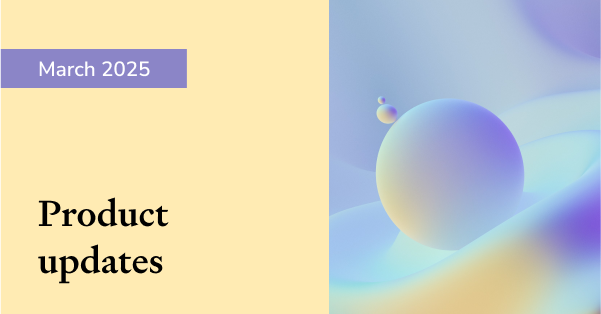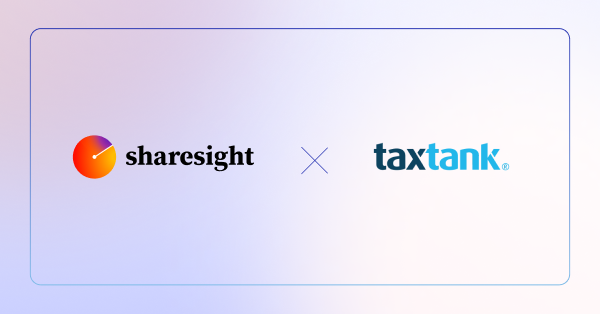What is a Portfolio Manager? Part one
At the most basic level, there are two types of portfolio manager -- professionals who manage share portfolios for others and people who manage their own.
Managing your own portfolio will take some time and effort but it will save you money because professional services don’t come cheap.
On the other hand the professionals are investment experts so they will earn a higher return than you will be able to earn for yourself.And that will more than offset the fees they charge.
Or will it? That’s a 6 million dollar question. But the real question is: Should you use a professional portfolio manager or do it yourself and manage your own portfolio? To answer this question we first need to look at exactly what a professional portfolio manager does.
A portfolio manager makes investment decisions using money you have placed under their control. They establish an investment strategy and select appropriate investments on your behalf. They also maintain a record of your investments which should provide the data required for accounting and taxation purposes. You should also get clear, regular statements of how well your investments have performed.
Now back to the key question. Should you engage a professional manager or become one of the rapidly growing number of DIY or self-directed investors who manage their own portfolio? To answer this question it is instructive to look at why the number of self-directed investors is growing.
The reason is that there are a number of significant problems associated with engaging a portfolio manager to act for you.
-
Historical performance analysis has repeatedly shown that the majority of portfolio managers struggle to match benchmark indices or indexed funds. So you are likely to be better off making your own investment decisions even if you have very limited knowledge of the market!
-
Portfolio management services are not cheap -- often charging around 1.5% p.a. of the funds invested. Avoiding this cost gives you a significant head start when it comes to generating a good net investment return.
-
Investors who use a portfolio manager often feel remote and disenfranchised from their own finances.
-
Information on the true, annualised performance of your portfolio is often seriously deficient. This is totally unacceptable given the whole purpose of having a portfolio of investments is to earn the best return possible after taking into account your risk profile and personal situation. Unacceptable, but not surprising, given the poor performance of many portfolio managers. You can see why they do not want to highlight performance!
Little wonder then that an increasing number of investors are coming to the wise conclusion that they would be better off becoming DIY, self-directed investors. In other words, their own share portfolio manager.
In my next blog I will explain how you can become your own share portfolio manager and:
- Take control of your investments
- Improve your investment performance
- Save dramatically on fees
- Enjoy becoming a DIY investor
- Achieve all this without ruining your evenings and weekends
- Become a multi millionaire over night. (No, sorry, that won’t happen! I got carried away with this last point but the first 5 are achievable!)
FURTHER READING

Sharesight product updates – March 2025
This month we expanded our broker support, made UX improvements to our trade form, signup and login screens, and introduced crypto to our drawdown risk report.

My investment portfolio used to be gold bangles
For International Women’s Day, Morningstar's Shani Jayamanne explores the ways that women have taken back financial control.

Simplify property tax & investment tracking with TaxTank + Sharesight
Simplify property tax management with the Sharesight + TaxTank integration—track CGT, investment income, and tax data in one seamless, automated platform.